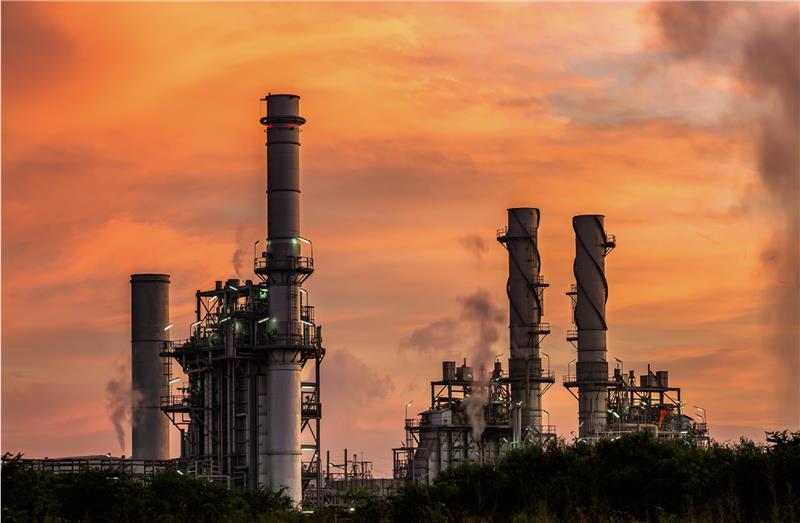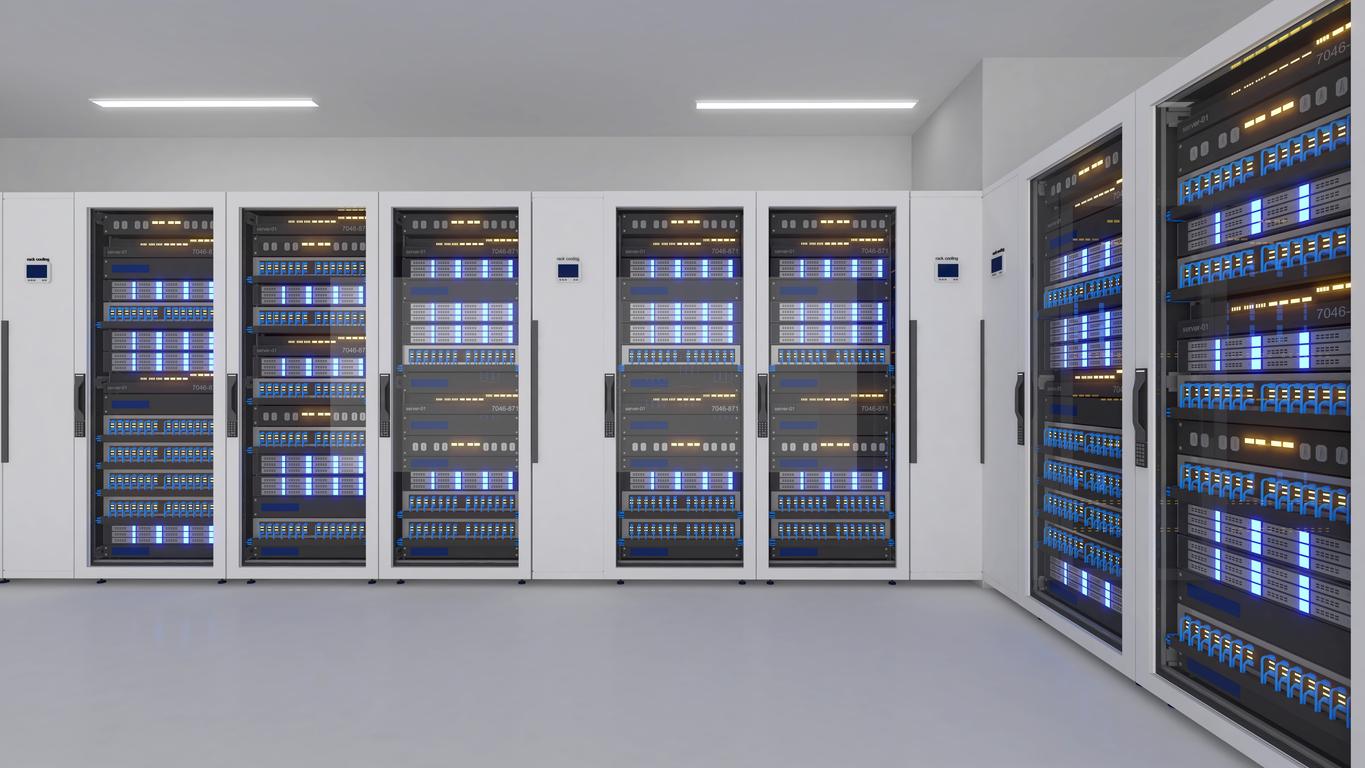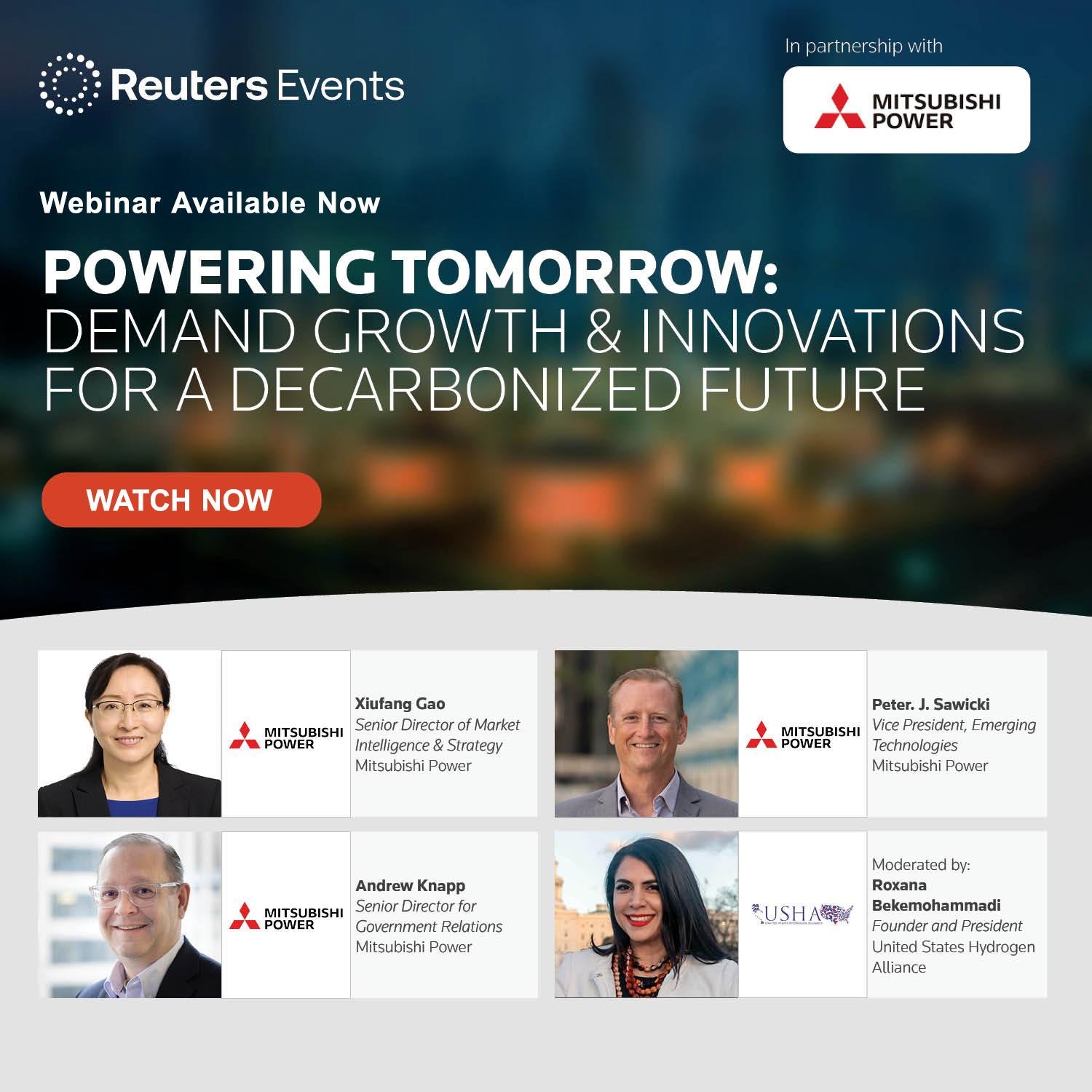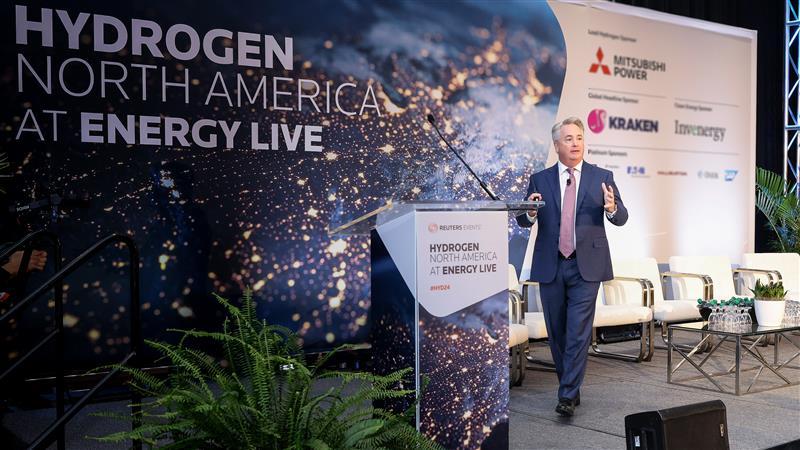Georgia Power and Mitsubishi Power Successfully Test 50% Hydrogen Blend on Advanced Gas Turbine at Plant McDonough-Atkinson
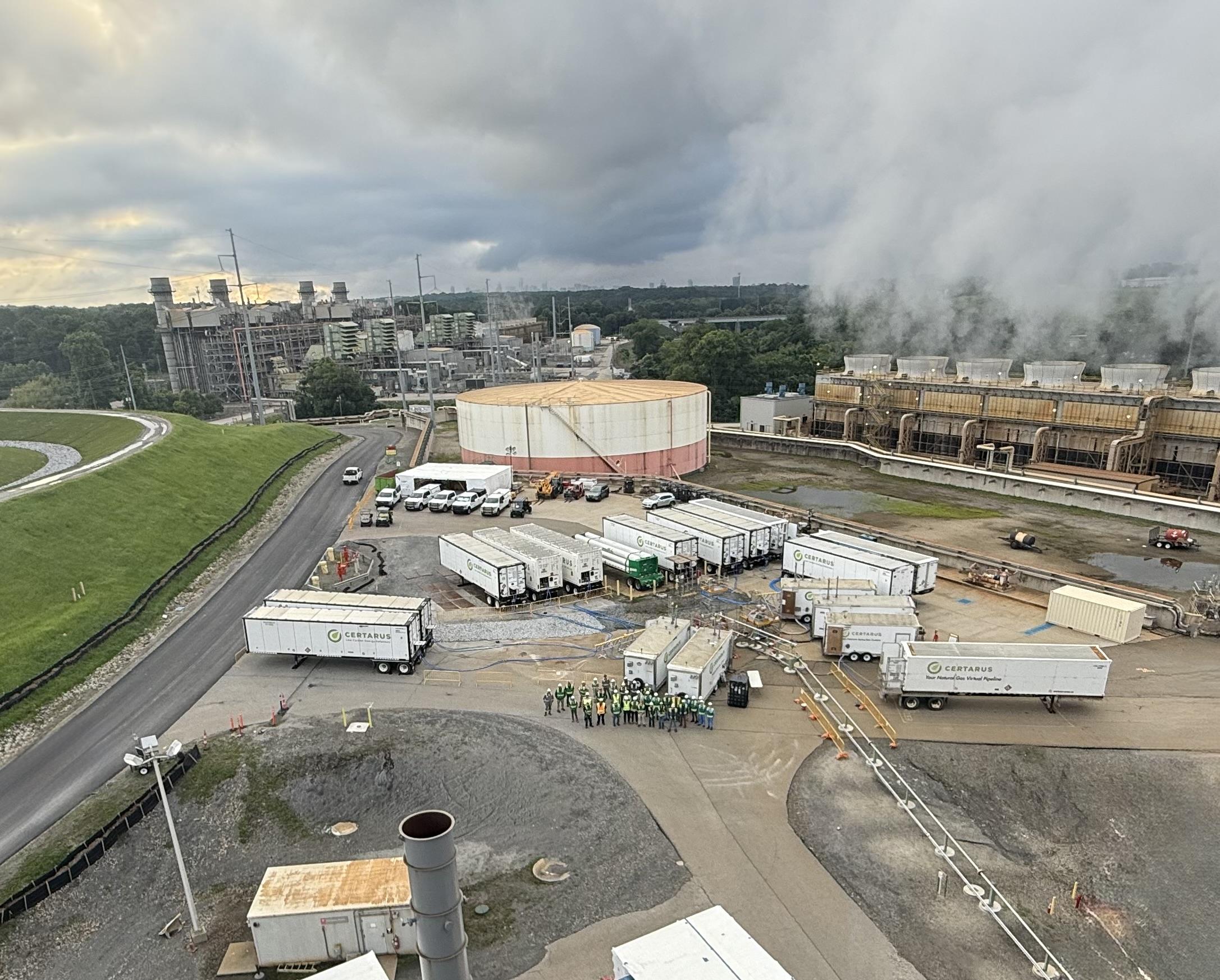
Located less than ten miles from downtown Atlanta, the plant McDonough-Atkinson has served electric customers for more than 80 years and was fully converted to natural gas in 2012 and expanded to power up to 1.7 million homes.
It currently operates with six advanced large-capacity M501G and M501GAC series gas turbines, three steam turbines running in three blocks of 2-on-1 combined-cycle configuration, and two gas/oil fueled combustion turbines.
Georgia Power and Mitsubishi Power have successfully completed a second trial blending hydrogen and natural gas fuels at both partial and full load on an M501GAC natural gas turbine. The demonstration project is the first to validate 50% hydrogen fuel blending on an advanced class gas turbine, and the largest test of this kind in the world to date, with the 50% blend providing an approximately 22% reduction in CO2 emissions compared to 100% natural gas.
The Significance of Hydrogen Blending on a Utility-Scale Gas Turbine
Hydrogen fuel in gas turbines is seen as a promising bridge to a low/zero carbon future power system. Since it contains no carbon, hydrogen as a fuel source directly reduces the carbon emitted by a gas turbine. However, much of the experience regarding hydrogen blending on gas turbines has been on older engines with diffusion flame combustion systems and operation at lower pressures and temperatures.
The successful hydrogen blending demonstration at Plant McDonough-Atkinson serves as an example to other CCGT power plants on how to safely increase hydrogen fuel blending percentages without impacting system reliability, all while reducing emissions and improving the turbine’s efficiency.
The first to validate 20% hydrogen fuel blending on an advanced class gas turbine in North America
In early June 2022, Georgia Power, Mitsubishi Power, Southern Company Research & Development, and EPRI successfully demonstrated the feasibility of blending 20% hydrogen fuel in its advanced class gas turbines.
20% Testing Results: Lowered Emissions, Increased Performance
Mitsubishi Power provided full turnkey service for this project including engineering, planning, hydrogen blending hardware, controls, commissioning, and risk management. Mitsubishi Power partnered with Certarus to source and manage the hydrogen supply and researchers from EPRI performed the testing. The results of this demonstration support the feasibility of using hydrogen as a fuel source in large-scale gas turbines to reduce CO emissions, enhance performance, and allow further operational flexibility with minimal changes to existing plant infrastructure and hardware.
-
Key Takeaways
- The demonstration is the highest hydrogen fuel blend percentage (20.9%) on any advanced class gas turbine to date
- The >20% blend resulted in a 7% reduction in carbon emissions compared to natural gas and maintained high thermal efficiency
- The increase in hydrogen fuel blend percentage improved turndown by lowering minimum emissions compliance load, leading to reduced emissions and operational flexibility
- No issues with gas turbine control under test conditions
- Maintained Mitsubishi Power's best-in-class reliability throughout and after the test
- No modifications to the turbine hardware were required
Voices of Mitsubishi Power: Field Services
Behind every outage is a team working around the clock to keep the lights on and communities running.
At Mitsubishi Power, we manage outages with precision, care, and a people-first approach. Leaders like Jonathan Presby, who has led over 150 outages, embody the focus, expertise, and teamwork that keep our customers and communities moving forward.


